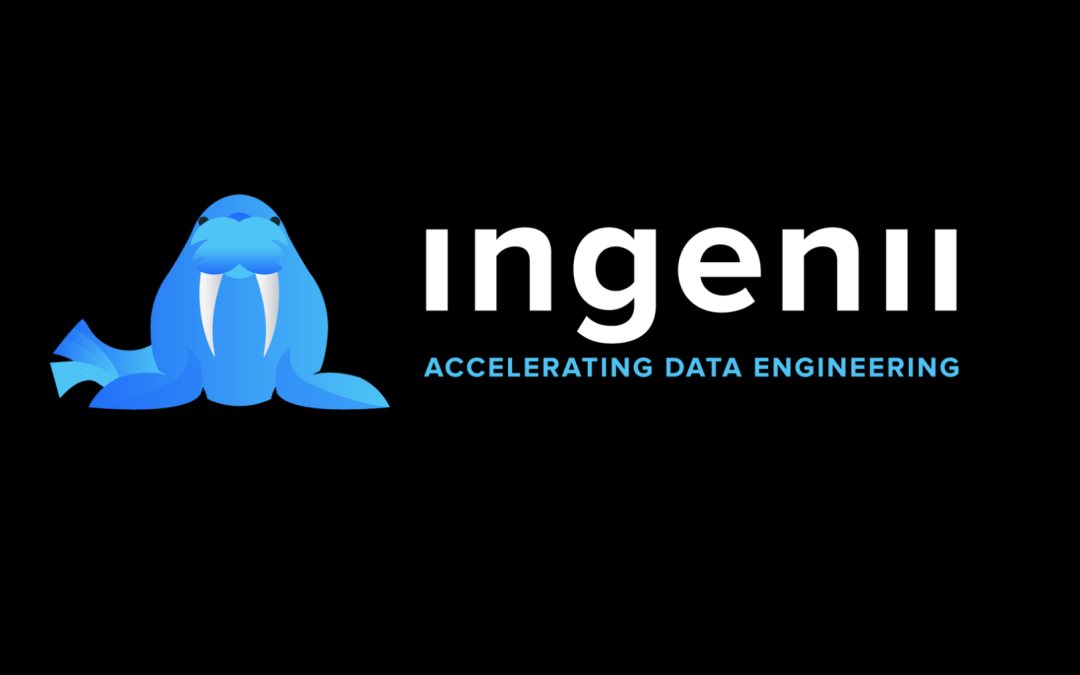With a goal to help accelerate the widespread adoption of quantum technology, Ingenii Inc. is developing a library of algorithms that give data scientists access to the power of quantum computing without the need for formal quantum training.
Christine Johnson and Marko Djukic, cofounders of New York-based Ingenii Inc., understand the potential of quantum technology to advance almost every aspect of society, as long as individuals have the tools and skills to implement it.
“We see quantum as a very elegant way of modelingf very complex systems. It’s the next evolution of high-performance computing and data science, taking us huge leaps and bounds from where we are now,” said Johnson, chief executive officer. “But there’s a huge bottleneck in the market for adopting quantum and really being ready to put this technology to work.”
The issue? Most quantum technologies require users to have a quantum physics background to operate them, while many organizations expect their existing data scientists – not physicists – to implement and run their quantum computation projects. The solution? According to Ingenii, it’s building products that empower data scientists and machine learning engineers to meet their organizations’ needs.
“When we think about scale and putting this technology to work in a vast way, we really need to be enabling the existing data science and machine learning community,” said Johnson. “Our aim is to do that through the development of a library of algorithms that can be used off the shelf and doesn’t require a deep knowledge of quantum physics to leverage.”
Ingenii’s open-source quantum machine learning library will initially be geared toward data scientists in the life and environmental sciences. Its first package will be a set of algorithms built around quantum neural networks. The algorithms will run on both classical and quantum hardware and have applications in areas such as drug discovery, medical imaging, climate modeling, and satellite imaging.
This subscription-based quantum library will join the company’s already available services, including an open-source library for classical computation and a quantum consulting service that helps organizations bring quantum into their workflows and infrastructure. Laia Domingo Colomer, PhD, a data and quantum algorithm scientist, serves as the company’s chief science officer and leads development of its quantum products.
The startup, founded in 2021, also has a mission to make quantum less intimidating. To that end, it has adopted a chubby blue walrus named Walii as their mascot. Walii adorns their website and marketing material, putting a friendly face on what can be a mysterious new technology.
“A big part of creating Walii was that we wanted quantum to feel more approachable,” Johnson said. “We wanted to give quantum a face where those who aren’t as familiar with it can look at our mascot and just be like, ‘Yeah, I can interact with that, it’s not so scary or overwhelming.’”
While initially targeting the pharmaceutical, biotech, and healthcare industries, Ingenii sees an opportunity to expand into energy, chemicals, manufacturing, agriculture, and financial services.
The company anticipates having industry specific use cases finalized this year. In the next year, it plans to focus on building its advisory board and working with companies in the pharmaceutical and healthcare space to train and test the algorithms, as well as fundraising. Being a part of the newest Duality accelerator cohort can help the company achieve these goals, Johnson said.
“We’re excited and grateful to be a part of Duality and the opportunities it will open for us,” she said. “There’s so much to take advantage of and tap into, it can really help us move our goals forward.”

